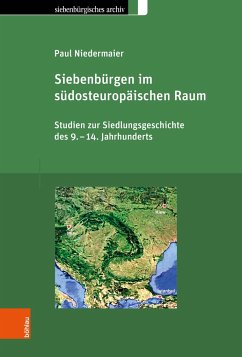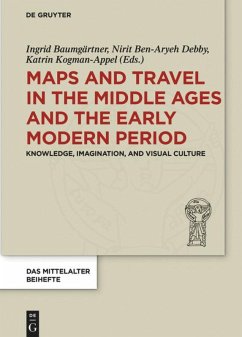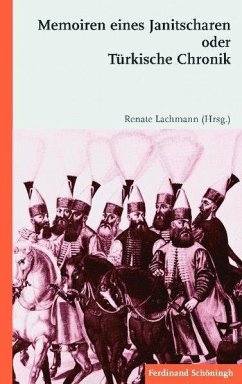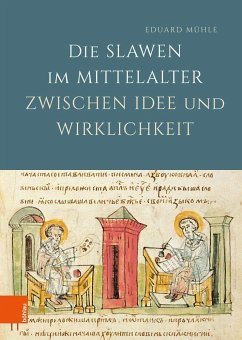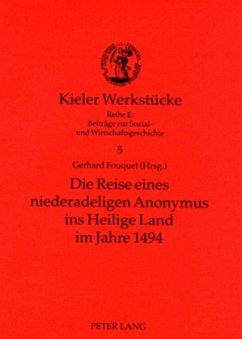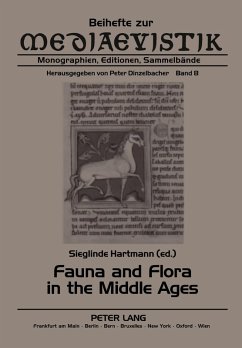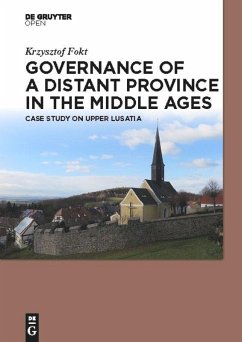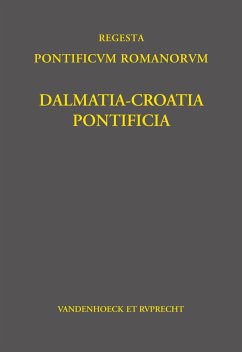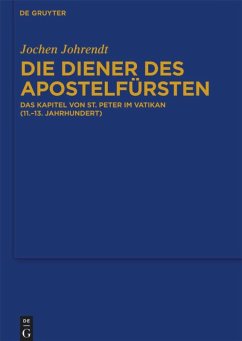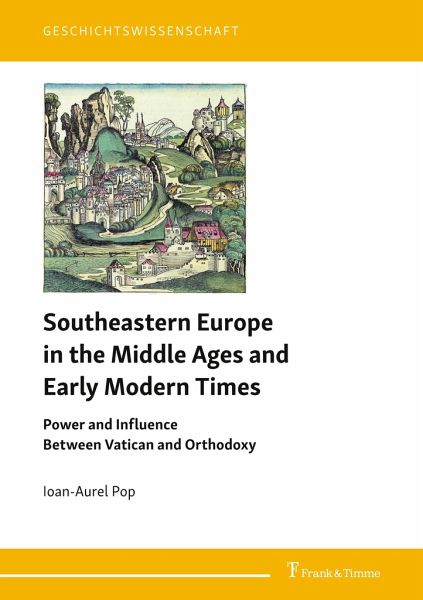
Southeastern Europe in the Middle Ages and Early Modern Times
Power and Influence Between Vatican and Orthodoxy

PAYBACK Punkte
0 °P sammeln!
For centuries, Romania and the Romanians have been the "in-between". Geographical as well as political situated between the Latin occident and the Byzantine orient, Romanians lived intertwined with Hungarians, German Saxons, Szeklers, Armenians, Jews, Tartars, Gypsies, and others as the guardians of communication channels between worlds and cultures. Ioan-Aurel Pop demonstrates the adaptable nature of the southeast European "borderlands", while underlining a set of reoccurring traits like religion and/or confession, real and/or imagined "national" identities. The backbone of his studies is pol...
For centuries, Romania and the Romanians have been the "in-between". Geographical as well as political situated between the Latin occident and the Byzantine orient, Romanians lived intertwined with Hungarians, German Saxons, Szeklers, Armenians, Jews, Tartars, Gypsies, and others as the guardians of communication channels between worlds and cultures. Ioan-Aurel Pop demonstrates the adaptable nature of the southeast European "borderlands", while underlining a set of reoccurring traits like religion and/or confession, real and/or imagined "national" identities. The backbone of his studies is political: Starting with the rise of the Romanians in late medieval times he follows their steady and eventually abrupt downfall. Focusing on late medieval and early modern Church and State matters he describes the emerging of a language bound identity "in between" and in close connection to a selective revival of Antiquity. Pop provides insights into a succession of falls and rises that formedthe Romanian identity and connected them to the modern divergent world.




